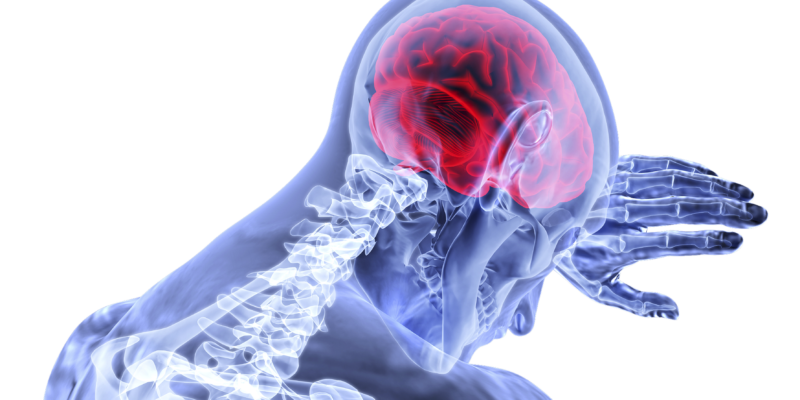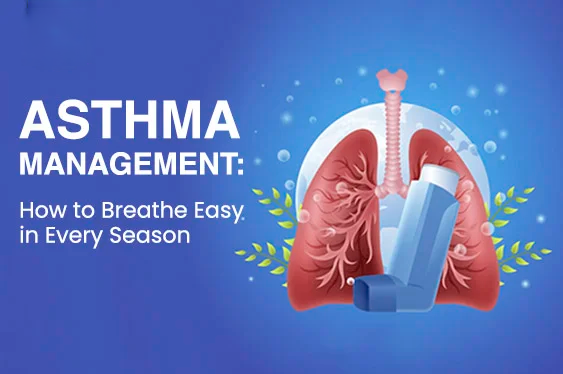As the temperatures drop and cold winds begin to blow, the risk of catching a cold or flu increases. Strengthening your immune system before the cold season hits can make all the difference between falling ill and staying healthy. Your immune system is your body’s natural defense, and with a few lifestyle adjustments, you can help it work at its best.
1. Eat a Balanced, Nutrient-Rich Diet
A healthy diet is the foundation of a strong immune system. Focus on colorful fruits and vegetables like oranges, spinach, carrots, and bell peppers — they’re rich in vitamins A, C, and E, as well as antioxidants that help your body fight infections.
Include protein sources like eggs, fish, lentils, and nuts to support the production of immune cells. Probiotic-rich foods like yogurt and fermented items also help maintain gut health, which plays a vital role in immunity.
2. Stay Hydrated
Water keeps your body functioning smoothly and helps flush out toxins. Proper hydration ensures your cells and organs work efficiently to defend against viruses. Try to drink at least 8 glasses of water a day, and include herbal teas like ginger, tulsi, or chamomile for an added immune boost.
3. Prioritize Quality Sleep
Your body repairs and regenerates itself during sleep. Poor sleep weakens the immune response, making you more prone to infections. Aim for 7–8 hours of restful sleep every night. Maintain a consistent sleep schedule and avoid screens before bedtime for better quality rest.
4. Exercise Regularly
Regular physical activity improves blood circulation and helps immune cells move efficiently throughout the body. Simple exercises like brisk walking, cycling, or yoga for 30 minutes a day can strengthen your immune defense. However, don’t overdo it—excessive training can temporarily weaken immunity.
5. Manage Stress
Chronic stress releases cortisol, a hormone that suppresses the immune system. Take time to relax through meditation, deep breathing, or spending time in nature. Even 10 minutes of mindfulness each day can significantly reduce stress levels.
6. Get Enough Vitamin D
Sunlight is one of the best sources of Vitamin D, an essential nutrient for immune function. Try to spend at least 15–20 minutes in natural sunlight daily. During colder months, you can also consider vitamin D-rich foods like fortified milk, eggs, and mushrooms—or consult your doctor for supplements.
7. Avoid Smoking and Limit Alcohol
Smoking damages the lungs and weakens your immune defenses, while excessive alcohol consumption can deplete essential nutrients. Cutting back on these habits helps your body maintain stronger immunity and faster recovery from infections.
8. Practice Good Hygiene
Prevention is better than cure! Wash your hands frequently, sanitize commonly used surfaces, and avoid touching your face. These small habits can dramatically reduce your exposure to viruses during cold season.
Conclusion
Building a strong immune system doesn’t happen overnight—it’s a result of consistent, healthy choices. By nourishing your body with good food, sleep, hydration, and stress management, you’ll give yourself the best defense against seasonal illnesses. Start now, and let your immune system be ready to face the cold season strong and steady!





